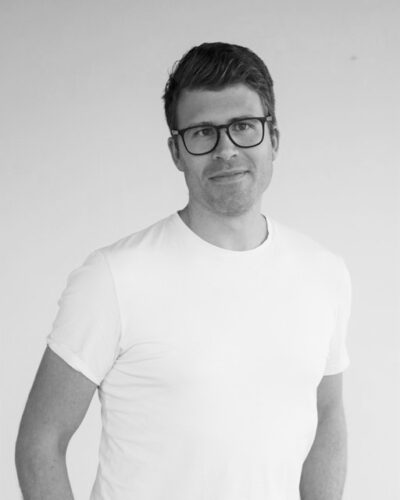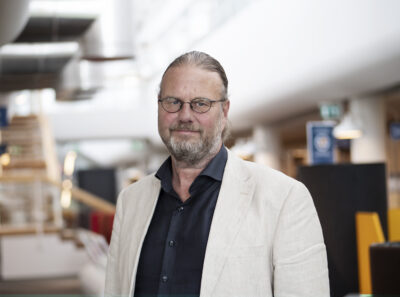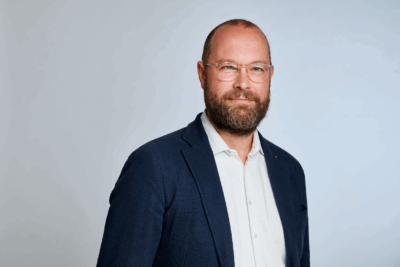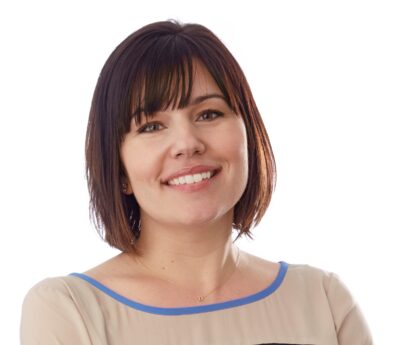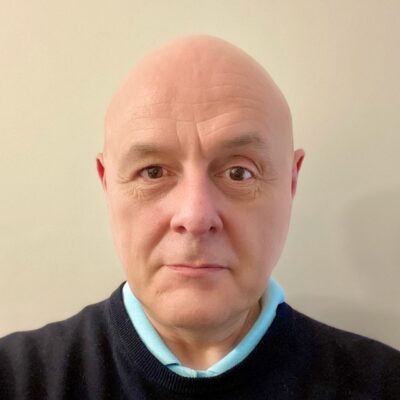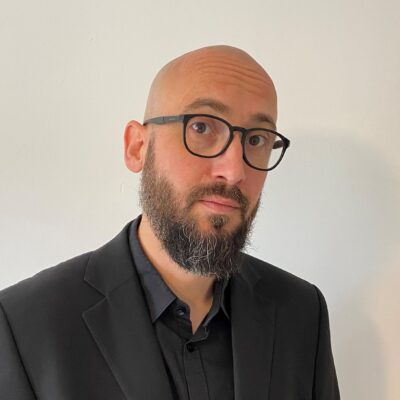Join us as we discuss how the OA management community can come together and collaborate, despite increasing competition. This webinar and panel discussion provides the views from publishers, funders, institutions and technology providers what is desired, required, feasible and seemingly impossible to collaborate around. Still too early to say what will come out of it, but maybe a step closer to an OA management association or forum for open collaboration?
Short summary
As one of our five initiatives for Open Access Week 2022, we welcomed an experienced panel of guest speakers for a live webinar to discuss the topic of Coopetition in OA management. We hosted the webinar in collaboration with MoreBrains Cooperative, and the panel consisted of Wilhelm Widmark from Stockholm University, Sven Fund from Knowledge Unlatched, Jamie Carmichael from Copyright Clearance Center (CCC), Johan Rooryck from Coalition S, Nettie Lagace from NISO and ChronosHub Founder, Christian Grubak. Our moderator was Josh Brown from the MoreBrains Cooperative.
The webinar began with an introduction by our Co-CEO, Marianne Knudsen, who talked about why our survey was commissioned, and why that matters, and then Josh Brown summarized the survey and results, which have led to this position paper.
Next in line was Wilhelm Widmark, Library Director of Stockholm University who talked about the institutional/consortium perspective and how Open Science will become the new normal, especially in Sweden. Wilhelm also noted that to reach 100% OA, we need cooperation on standards but competition in the market, as it leads to innovation.
Wilhelm was followed by Johan Rooryck, Executive Director of Coalition S, who talked about the funder perspective, Plan S, and the need for industry standards.
The next speaker was Sven Fund, Senior Director of Knowledge Unlatched, who brought in the publisher perspective, as well as the intermediary perspective. Sven talked about the need for OA management in the market, as well as the benefits of collaboration among OA management providers.
Sven was followed by Jamie Carmichael, Senior Director of Information and Content Solutions at CCC, who presented the intermediary view across stakeholders and talked about the factors that drive complexity such as the inconsistent utilization of standards. Jamie also stated that there is a need for collaboration among all stakeholders and presented six focus areas for future collaboration.
Up next was Nettie Lagace from NISO, who talked about standards for community practice, NISO’s standard development principles, and their publication process.
As the last speaker, ChronosHub founder & Co-CEO Christian Grubak talked about reducing these complexities through technology, the importance of considering the authors when we communicate as a community, and why the author perspective needs to be put first.
Introduction
Do you think that charges associated with OA publishing are currently being managed across stakeholder groups in a transparent and trustworthy way?
That’s one of the questions we asked ourselves before we embarked on a journey to learn more about the OA Management landscape.
In collaboration with MoreBrains, we developed a survey to create a shared understanding of how the transition to Open Access takes place ─ all in support of institutions, publishers, and funders. We wanted to explore patterns of high-level trends and identify topics for community development.
Thankfully, we received a wide range of responses. So, we wrote a paper! It was reviewed by other experts within the OA space, and now we’re ready to share the results with the community and discuss it all in a one-hour webinar together with the reviewers.
We’ll start with an introduction by ChronosHub. Why the survey was commissioned, and why that matters. What is OAM as a discipline, and what does it mean to be a community? The concept of coopetition.
MoreBrains will continue with a summary of the survey and results before diving into the different perspectives and inviting NISO to comment on standard developments. We’ll end the webinar with a Q&A and a summary of the conclusions.
Panelists
Moderator
Share this post
